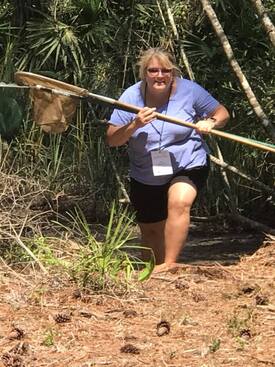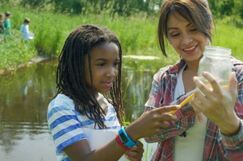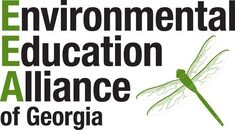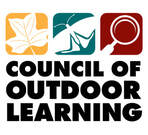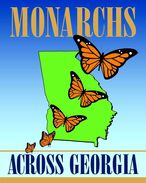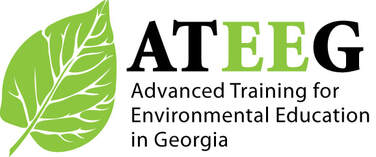Environmental Education Alliance of Georgia
- Our Story
- Our Team
- Our Events
-
Our Resources
- Wildlife Viewing
- Earth Month Activities
- Garden-based Learning
- EcoEngineering Challenges
- Community (Citizen) Science
- Phenomenon-Based Learning
- Problem-Based Learning
- Place-Based Learning
- Project-Based Learning
- Teaching about Climate Change
- Teaching about EJ
- Zero Waste Heroes
- SAGES Project
- Virtual EE Resources
- Environmental Clubs
- Evaluation and Assessment
-
Our Work
- Our News
- Our Impact
- JOIN or GIVE
- Member Portal
- Contact Us
- Outdoor Learning Store
- PassTick2023-4
- Annual Report
- New Page
- Past 2022 EEA Conference
- Past EEA Board 2021-22
- Past 2022 conferenceoverview
- Non-clickable Page
- New Page
- EEA Guest Blog
- Our Story
- Our Team
- Our Events
-
Our Resources
- Wildlife Viewing
- Earth Month Activities
- Garden-based Learning
- EcoEngineering Challenges
- Community (Citizen) Science
- Phenomenon-Based Learning
- Problem-Based Learning
- Place-Based Learning
- Project-Based Learning
- Teaching about Climate Change
- Teaching about EJ
- Zero Waste Heroes
- SAGES Project
- Virtual EE Resources
- Environmental Clubs
- Evaluation and Assessment
-
Our Work
- Our News
- Our Impact
- JOIN or GIVE
- Member Portal
- Contact Us
- Outdoor Learning Store
- PassTick2023-4
- Annual Report
- New Page
- Past 2022 EEA Conference
- Past EEA Board 2021-22
- Past 2022 conferenceoverview
- Non-clickable Page
- New Page
- EEA Guest Blog
EEA RESOURCES
WAYS OF TEACHING |
|
Professional Development Resources for EducatorsEEA offers certification in environmental education through its year-long program, Advanced Training for Environmental Education in Georgia (ATEEG), which includes three core courses, 30 hours of professional learning chosen by the candidate, and an independent study project mentored by experts in the field.
K-12 teachers, non-formal educators, pre-service teachers, and college professors who are interested in honing their craft - or ATEEG candidates who need professional learning hours to complete their certification - are invited to check out a range of opportunities including conferences, short courses, and workshops. |
Key Instructional Strategies for Environmental and Outdoor Education
Some of the most effective teaching methods and models employ the following instructional strategies, which are particularly well suited for environmental education and outdoor learning. Click to learn more and explore ways of using each strategy.
TOOLS FOR TEACHING: Curated Lesson Collections
WHERE TO TEACH: Creating Spaces and Infrastructure for Outdoor Learning
|
Creating spaces for outdoor learning does not require building materials, a construction crew, or an expensive pavilion. Check out innovative and ingenious ideas for teaching outside and engaging learners with real world phenomena.
|
WHY TEACH: Research on Environmental Education and Outdoor Learning
|
The rationale for environmental education is rooted in research. Click on the button at right to read how people connect with nature, gain awareness and knowledge about how the world works, investigate and identify environmental problems, and gain confidence in their ability to make a difference in the world.
|
EVALUATING Teaching or Program Effectiveness
|
How do you know if your EE program or teaching approach is working? How can you meaningfully evaluate effectiveness of environmental education? Whether the goal is to increase nature engagement, content knowledge, ability to make a difference, or benefits to the environment, there are evaluation tools and methods that can help you discover what is working and how to improve your practice.
|
Issues and Initiatives
|
Click to learn more about resources for outdoor and virtual learning during COVID-19, culturally-responsive EE, and EE in higher education.
|
|
Environmental Education Alliance, Inc.
P.O. Box 801066 | Acworth, GA 30101 EEA does not does not discriminate on the basis of race, color, national origin, sex, age, or disability in its program , activities, or employment. For more information on EEA's non-discrimination commitment click here . Grievance officer may be contacted at [email protected] |
Proudly powered by Weebly
|
